Category: Machine Learning
-

Algorithm predicts low blood pressure during surgery
UCLA’s Maxime Cannesson has developed an algorithm that, in a recent study, predicted an intraoperative hypotensive event 15 minutes before it occurred in 84 percent of cases, 10 minutes before in 84 percent of cases, and five minutes before in 87 percent of cases. The goal is early identification and treatment, to prevent complications, such…
-
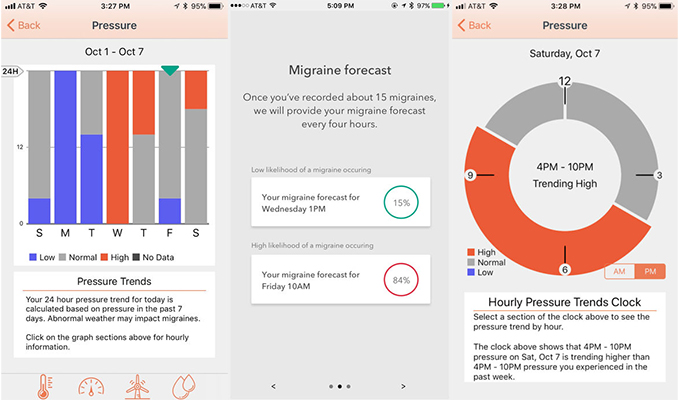
Weather, activity, sleep, stress data used to predict migraines
Migraine Alert by Second Opinion Health uses machine learning to analayze weather, activity, sleep, and stress, to determine if a user will have a migraine headache. The company claims that the algorithm is effective after 15 episodes are logged. They have launched a multi patient study with the Mayo Clinic, in which subjects use a phone and…
-

Machine learning for early Alzheimer’s diagnosis
Anant Madabhushi and Case Western colleagues have used machine learning to diagnose Alzheimer’s disease via imaging data in a small study. The goal is early intervention, which could potentially extend independence. 149 patients were analyzed using a Cascaded Multi-view Canonical Correlation (CaMCCo) algorithm, which integrates MRI scans, features of the hippocampus, glucose metabolism rates in the…
-
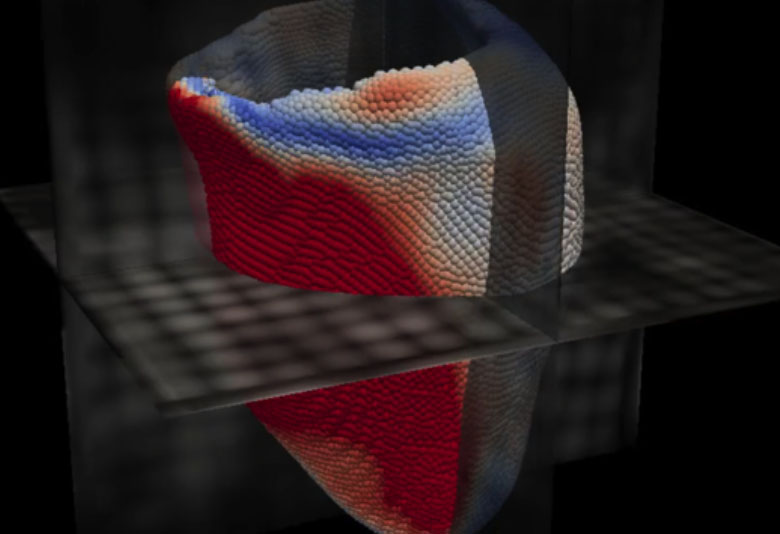
Machine learning tools predict heart failure
Declan O’Regan and MRC London Institute of Medical Sciences colleagues believe that AI can predict when pulmonary hypertension patients require more aggressive treatment to prevent death. In a recent study, machine learning software automatically analyzed moving images of a patient’s heart, captured during an MRI. It then used image processing to build a “virtual 3D heart”,…
-
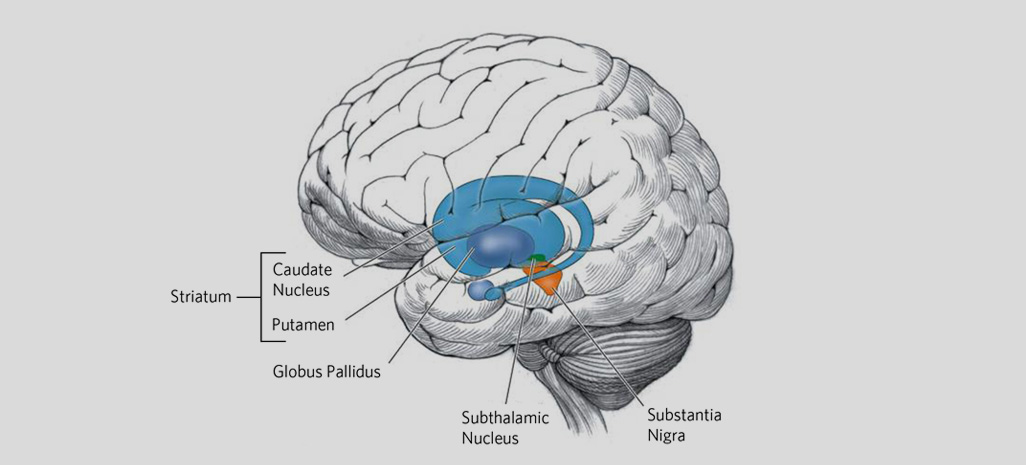
Wearable + cloud analysis track Huntington’s disease progression
In the latest pharma/tech partnership, Teva and Intel are developing a wearable platform to track the progression of Huntington’s disease. There is no cure for the disease, which causes a breakdown of nerve cells in the brain, resulting in a decline in motor control, cognition and mental stability. The technology can be used to assess the effectiveness…
-

Algorithm detects depression in speech
USC researchers are using machine learning to diagnose depression, based on speech patterns. During interviews, SimSensei detected reductions in vowel expression that might be missed by human interviewers. The depression-associated speech variations have been documented in past studies. Depressed patient speech can be flat, with reduced variability, and monotonicity. Reduced speech, reduced articulation rate, increased pause duration,…
-
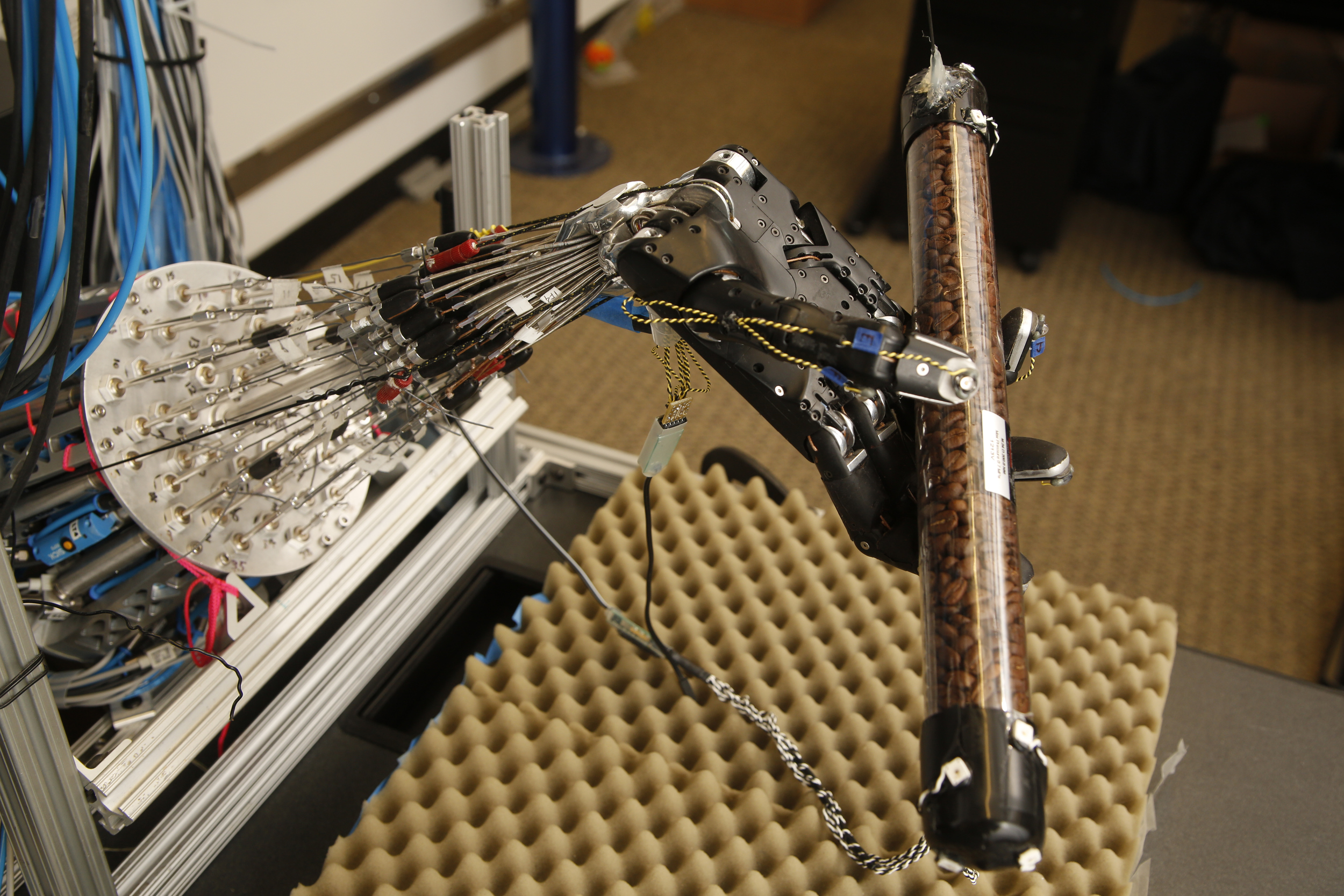
Machine learning model enables robotic hand to learn autonomously
Vikash Kumar and University of Washington colleagues have developed a simulation model that allows robotic hands to learn from their own experiences, while performing dexterous manipulation. Human direction is not required. A recent study incorporated the model while a robotic hand attempted several tasks, including rotating an elongated object. With each try, the hand became…
-

AI on a chip for voice, image recognition
Horizon Robotics, led by Yu Kai, Baidu’s former deep learning head, is developing AI chips and software to mimic how the human brain solves abstract tasks, such as voice and image recognition. The company believes that this will provide more consistent and reliable services than cloud based systems. The goal is to enable fast and intelligent responses to…
-
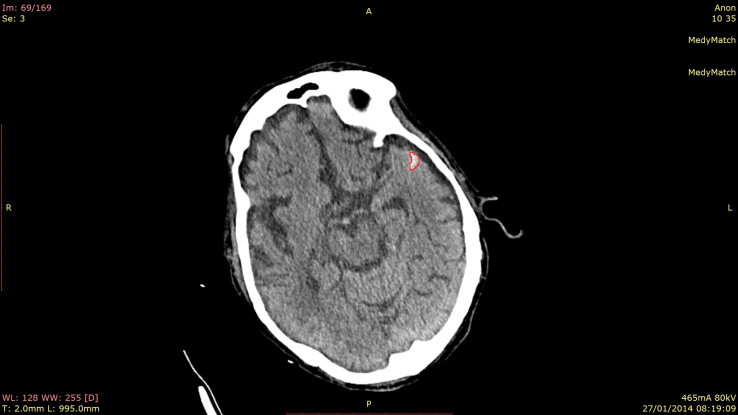
Machine learning for faster stroke diagnosis
MedyMatch uses big data and artificial intelligence to improve stroke diagnosis, with the goal of faster treatment. Patient CT photos are scanned and immediately compared with hundreds of thousands of other patient results. Almost any deviation from a normal CT is quickly detected. With current methods, medical imaging errors can occur when emergency room radiologists…
-

Machine learning analysis of doctor notes predicts cancer progression
Gunnar Rätsch and Memorial Sloan Kettering colleagues are using AI to find similarities between cancer cases. Ratsch’s algorithm has analyzed 100 million sentences taken from clinical notes of about 200,000 cancer patients to predict disease progression. In a recent study, machine learning was used to classify patient symptoms, medical histories and doctors’ observations into 10,000 clusters. Each…
-
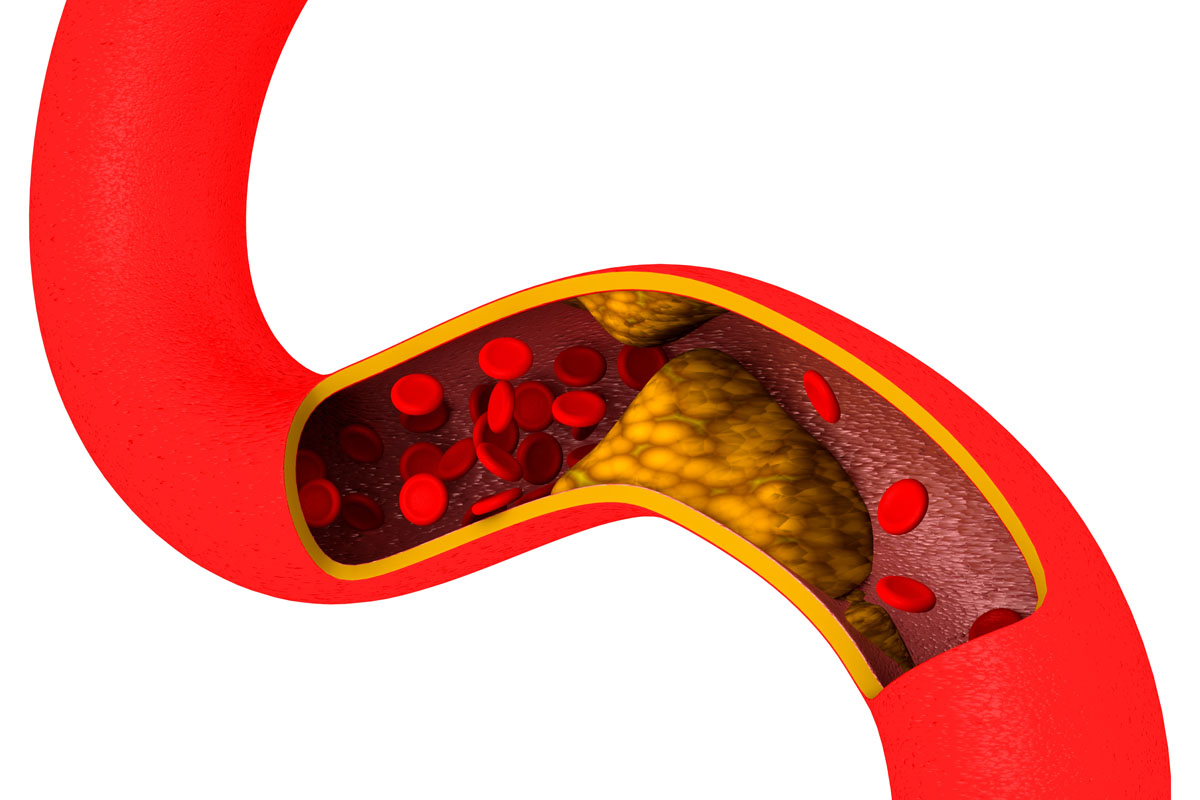
Genetic disease patients identified via machine learning
Stanford’s Nigam Shah and Joshua Knowles are using machine learning to search for people with familial hypercholesterolemia, a genetic disorder that causes high levels of LDL cholesterol in the blood. Only a 10 percent of people with the disorder are aware of it, and it is often diagnosed after a cardiac event — the risk of which can…
-
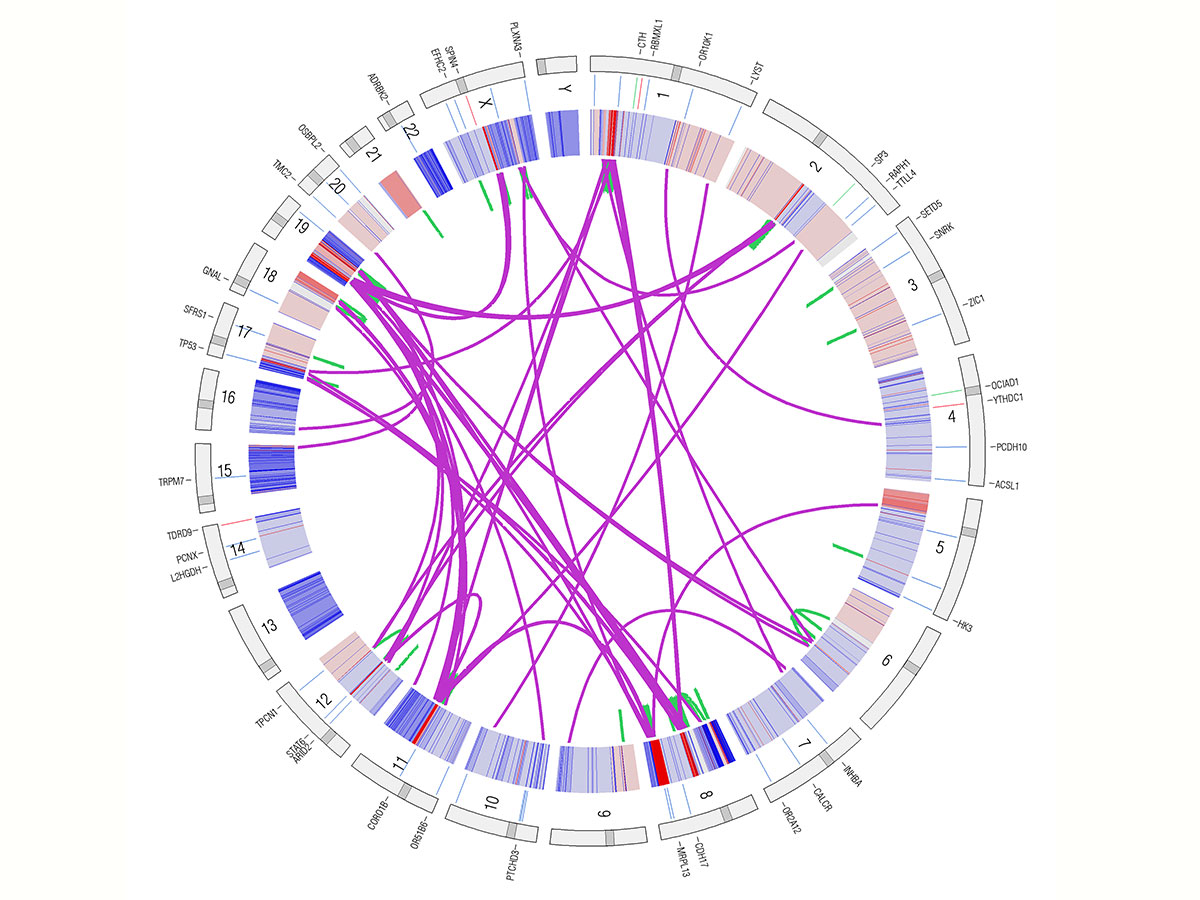
Machine learning based cancer diagnostics
Search engine giant Yandex is using its advanced machine learning capabilities to detect cancer predisposition. Yandex Data Factory has partnered with AstraZeneca to develop the RAY platform, which analyzes DNA testing results, generates a report about patient genome mutations, and provides treatment recommendations and side effect information. Testing will begin next month. The two companies have signed a cooperation…